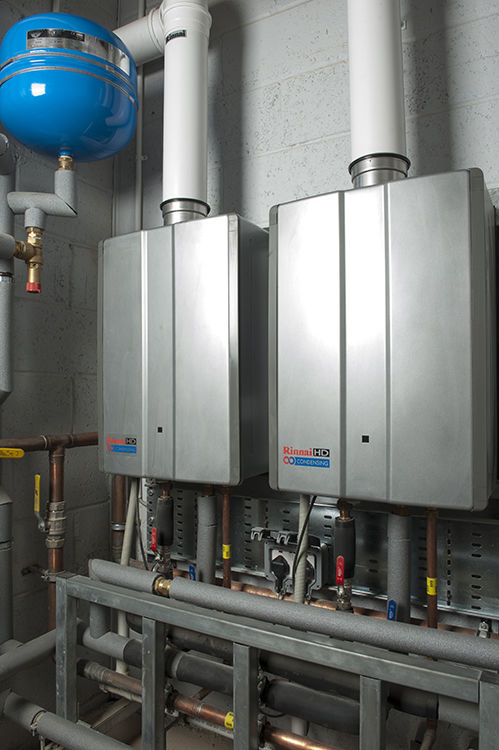Rinnai offers free energy audit for hospitals and medical centres

Rinnai is offering free audits for all hospitals and medical centres in order to maximise energy and financial efficiency in the delivery of hot water at the point of use.
The audit, in close co-operation with the site, measures all data concerning use and presents a full and detailed report prepared by CIBSE recognised engineers. This is all free of any charge.
The company says that maximising efficiencies can lead to fuel savings of up to 30% on current energy prices as the hot water is heated only when it is used - turn the tap off and the energy costs can stop immediately.
Rinnai’s continuous flow hot water systems can be manifolded to supply, virtually, limitless temperature accurate water to a site of any size. It also means less space spent on plant rooms and no or little maintenance as all units are proven to be robust with extended working life and warranties to support this.
Rinnai’s Sensei N Series water heating range offers a new and compact design with enhanced combustion that allows for easier and quicker installation - and gives high levels of operational performance.
All components in the range are designed and manufactured by Rinnai, and this ensures maximum quality and reliability from the world leader in commercial continuous flow water heating products and systems.








